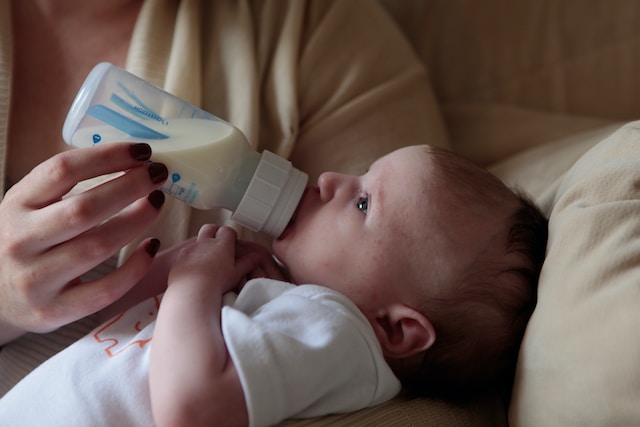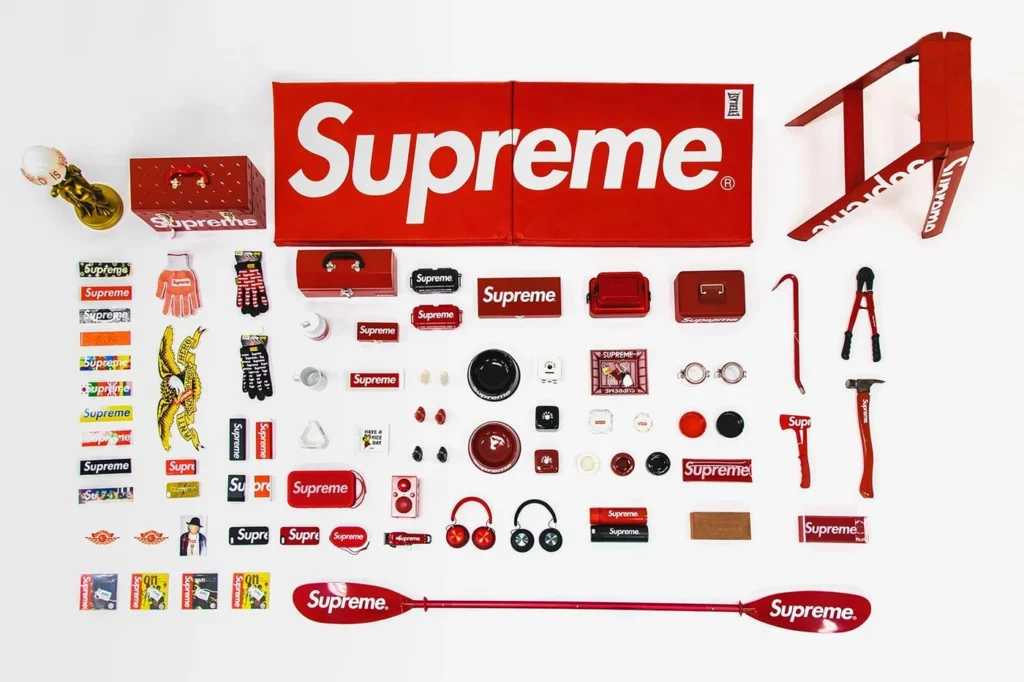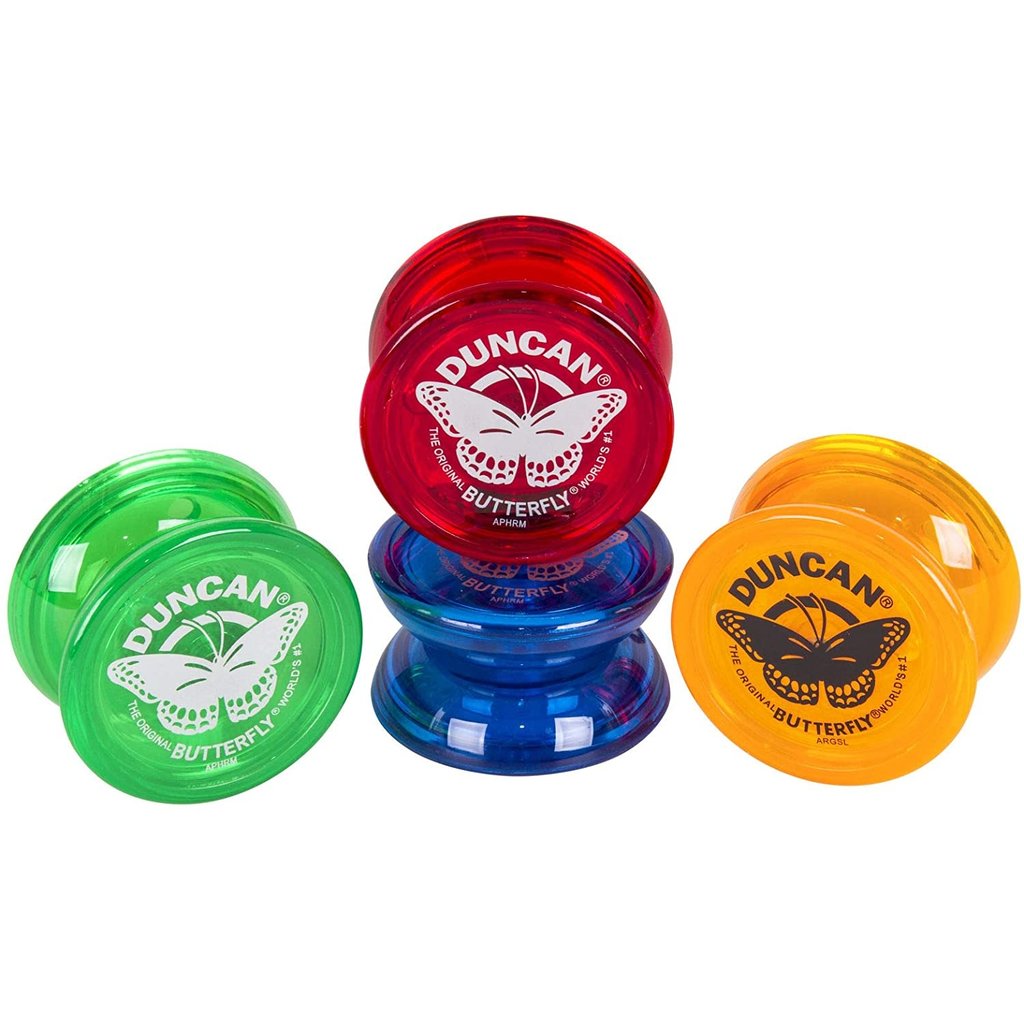Why Is Baby Formula So Expensive?
The cost of baby formula has become a major concern for parents and healthcare providers alike. It is undeniable that baby formula can be very expensive, especially when compared to the cost of breastfeeding. As a result, many parents are left wondering why the baby formula is so expensive in the first place.
The Food and Drug Administration (FDA) plays an important role in regulating the formula industry, ensuring that all formulas meet certain safety and nutritional standards. This can add to the cost of formula production, as manufacturers must invest in research and development to create products that meet these standards.
Another factor that contributes to the high cost of the formula is the supply chain. Formula companies rely on a complex network of suppliers and distributors to get their products to market. Supply chain issues can result in delays and shortages, driving up the price of the formula.
Additionally, the formula industry is highly competitive, with many different brands vying for market share. Each formula company invests heavily in marketing and advertising to attract customers, which can drive up the cost of formula prices.
Despite these challenges, there are ways to save money on baby formula. The Special Supplemental Nutrition Program for Women, Infants, and Children (WIC) provides formula assistance to eligible families, which can help offset the cost of formula. Additionally, buying in bulk or opting for store brands can also help reduce the cost of formula.
While formula can be expensive in the short term, it’s important to consider the long-term benefits. For families who are unable to breastfeed, infant formula can provide essential nutrients and support healthy growth and development. Additionally, the availability of formula can serve as a safety net during times of baby formula shortage or other unforeseen circumstances.
The White House has also recognized the importance of affordable formula for families, with a recent proposal to increase funding for the WIC program. This funding increase would help ensure that WIC participants have access to the formula they need to feed their babies.
In conclusion, the high cost of baby formula can be attributed to several factors, including FDA regulations, supply chain issues, competition among formula brands, and marketing expenses. However, there are ways to save money on baby formula, such as utilizing assistance programs like WIC or buying in bulk. Ultimately, the benefits of formula in supporting healthy growth and development make it an important investment for families.
Frequently Asked Questions
What is baby formula?
Baby formula is a specially designed food for infants who are not breastfed or partially breastfed. It is a powder or liquid that is mixed with water to create a nutritionally balanced substitute for breast milk. Baby formula contains a mix of carbohydrates, proteins, fats, vitamins, and minerals that are essential for a baby’s growth and development. It is available in different forms and types, such as cow’s milk-based, soy-based, and hypoallergenic formulas.
Why is there a baby formula shortage?
There could be several reasons for a baby formula shortage, including:
1. Supply chain disruptions: The pandemic has disrupted global supply chains, leading to shortages of various products, including baby formula.
2. Panic buying: Some people may have engaged in panic buying of baby formula due to fears of shortages, which can exacerbate the problem.
3. Increased demand: The demand for baby formula may have increased due to more people staying at home and taking care of their babies.
4. Export restrictions: Some countries may have imposed restrictions on the export of baby formula to ensure adequate domestic supply.
5. Production issues: There may be production issues in some factories that produce baby formula, leading to shortages.
How to make baby formula?
The American Academy of Pediatrics (AAP) strongly advises against making the homemade formula as it can be dangerous for infants. Commercially prepared infant formulas are specifically formulated to meet the nutritional needs of babies and are regulated by the FDA. If you have concerns about feeding your baby, it is important to speak with a pediatrician or a qualified healthcare provider.
When was baby formula invented?
Baby formula was invented in the late 1800s. The first commercially available formula was developed by a German chemist named Justus von Liebig in 1865.
What is baby formula made of?
The baby formula typically contains a combination of proteins, carbohydrates, fats, vitamins, and minerals that are essential for a baby’s growth and development. The specific ingredients and ratios can vary depending on the brand and type of formula. Common ingredients include:
– Protein: usually from cow’s milk or soy, and broken down into smaller, more easily digestible molecules
– Carbohydrates: typically lactose, a type of sugar found in milk, or a blend of lactose and other sugars
– Fats: a blend of vegetable oils, such as palm, soy, coconut, and sunflower oils, to provide essential fatty acids and energy
– Vitamins and minerals: added to provide the necessary nutrients for growth and development, including calcium, iron, zinc, vitamin D, and others
Some formulas may also include additional ingredients, such as prebiotics, probiotics, or nucleotides, which are thought to have beneficial effects on a baby’s digestive system and immune systems.
How long does baby formula last?
Unopened baby formula can last up to one year from the date of manufacture if stored properly in a cool, dry place. Once opened, the formula should be used within 1 hour if not refrigerated, or within 24 hours if refrigerated. It is important to check the expiration date on the formula container and discard any expired formula.
Where is baby formula made?
Baby formula is made in various locations around the world, including the United States, Europe, and Asia. The specific location depends on the brand and manufacturer.
What to feed a baby kitten if you don’t have formula?
It is important to note that a kitten should be fed a specially formulated kitten milk replacement formula until they are around 4-5 weeks old. If you do not have access to formula, you can try making a homemade milk replacement by mixing:
– 1 cup of whole milk
– 1 egg yolk
– 1 teaspoon of corn syrup or honey
However, it is important to note that cow’s milk is not a suitable replacement for kitten formula as it does not contain the necessary nutrients and can cause digestive upset. If possible, it is best to try and obtain kitten formula from a local pet store or veterinarian.
Where to buy baby formula?
Baby formula can be purchased at most grocery stores, pharmacies, and big box retailers such as Walmart, Target, and Costco. It can also be purchased online through retailers such as Amazon, Target, and Walmart.
How to switch baby formula?
Here are some general steps you can follow:
1. Consult with your pediatrician: Before making any changes to your baby’s diet, it’s important to talk to your pediatrician. They can recommend a suitable formula based on your baby’s age, health, and dietary needs.
2. Introduce the new formula gradually: Start by mixing a small amount of the new formula with the old formula. Gradually increase the amount of the new formula over several days until your baby is only drinking the new formula.
3. Watch for any signs of discomfort: Keep an eye on your baby for any signs of digestive discomforts, such as fussiness, gas, or diarrhea. If you notice any of these symptoms, talk to your pediatrician.
4. Be patient: It may take a few days for your baby to adjust to the new formula. Be patient and give your baby time to get used to the new taste and texture.
5. Store the formula properly: Always follow the manufacturer’s instructions for storing and preparing the formula. Make sure to use clean bottles and nipples to avoid contamination.













